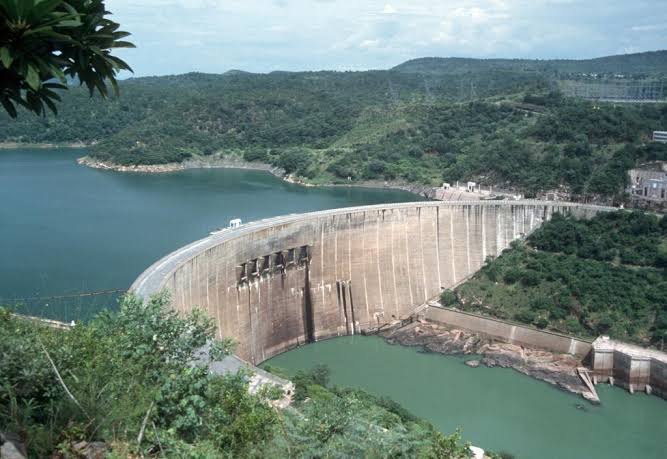Zambia’s power sector has been severely impacted this year due to lower water levels caused by a drought, worsened by El Niño conditions, resulting in significant decreases in hydroelectric power generation.
In response, the national utility, Zesco, has been compelled to implement a power management plan that reduces the country’s power generation by 700MW. With 83% of Zambia’s installed generating capacity coming from hydropower, the effects of the reduced water levels have been particularly significant. The Kafue River and Zambezi basins, crucial sources of hydropower, have been affected, leading Zesco to initiate electricity rationing from 11th March, with an eight-hour daily reduction.
This power shortage led to the declaration of a National Emergency in February. During this time, Zesco engaged with key stakeholders in the mining sector regarding a 150MW reduction in power supply to this important economic segment until the end of the year. First Quantum Minerals (FQM), which operates the Kansanshi and Trident copper mines in the North-Western Province, took proactive steps, anticipating an 80MW reduction in power during this period.
In an effort to mitigate the impact, FQM explored alternative energy sources, turning to the Southern African Power Pool to secure 80MW of power through off-take agreements with third-party traders like Nampower in Namibia and EDM in Mozambique. The company estimated that procuring this amount of power would cost around $25 million for the remainder of the year. FQM’s strategic approach highlights its commitment to maintaining uninterrupted operations, as detailed in their first-quarter report for 2024.
On 10 May, Greenco Power Services announced that it had negotiated an electricity supply agreement with FQM, in collaboration with Zesco. This agreement is set to cover a portion of the 54,000MWh that FQM will need to import monthly. FQM’s director for Zambia, Anthony Mukutuma, emphasized the importance of uninterrupted mining operations for the nation’s economy and the proactive measures being taken to ensure production goals for 2024 and 2025 are met, despite the higher costs of imported power.
Furthermore, FQM has engaged in initiatives to enhance power efficiency and quality across the national grid. They have signed a letter of intent with Zesco, which involves FQM providing upfront funding for the installation of Static VAR Compensator units at various substations. These units are designed to improve the quality and reliability of power, with FQM recovering the costs through deductions on Zesco’s monthly invoices.
As part of its long-term strategy to diversify its energy sources, FQM is advancing a significant renewable energy project. In collaboration with TotalEnergies and ChariotEnergy, they plan to develop a 430MW solar and wind energy project, with the solar component expected to come online in 2026 and the wind project in 2027. Additionally, the company is in advanced discussions to develop a 50MW hydro scheme in the more hydrologically favorable regions of the Northwest and Northern Provinces, contrasting with the drier southern regions where most of Zambia’s hydrogeneration capacity is currently concentrated.
These developments are part of a broader strategy to not only secure energy for mining operations but also to contribute positively to Zambia’s overall energy stability and sustainability. The efforts by FQM and other stakeholders illustrate a comprehensive approach to managing energy needs in times of crisis and reflect a commitment to supporting the national economy while advancing environmental and energy sustainability goals.
Source: ESI Africa



